Vita Sackville-West’s 1922 novella
Vita Sackville-West knew a great deal about ownership and inheritance. She was raised at Knole, a country estate in Sevenoaks, Kent which dates back to the sixteenth century. She felt very passionately about its traditions and importance, and was deeply grieved when on her father’s death it passed to her younger brother. She sought emotional compensation by buying a ruined castle at Sissinghurst and created one of the most celebrated English country gardens with her husband Harold Nicolson. Both properties are now run by the National Trust.
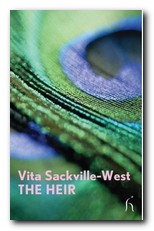 She also wrote a celebrated poem, The Land, about her feelings for the traditions of pastoral life and culture (it won the Hawthorden Prize in 1926) and her passion for Knole was also transformed by her then lover, Virginia Woolf into the main setting for the fantasy romance, Orlando. This recent publication The Heir is a relatively early and little-known work which deals with all these issues of continuity, tradition, history, and ownership which are almost the predominant leitmotif of her whole life.
She also wrote a celebrated poem, The Land, about her feelings for the traditions of pastoral life and culture (it won the Hawthorden Prize in 1926) and her passion for Knole was also transformed by her then lover, Virginia Woolf into the main setting for the fantasy romance, Orlando. This recent publication The Heir is a relatively early and little-known work which deals with all these issues of continuity, tradition, history, and ownership which are almost the predominant leitmotif of her whole life.
Mr Chase, an insurance salesman from Wolverhampton, inherits a house and estate deep in rural Kent/Sussex. Everyone from the probate solicitors downwards encourages him in a plan to sell up and retire on the proceeds. But the house and its history begin to grow on him.
It’s a long short story – or as some might claim a novella – and if there’s a weakness it’s that the pace of Chase’s conversion to enthusiastic traditionalist isn’t properly dramatised. He arrives at the property he has never before seen, and from then on all matters rustic are cast in the most glowingly positive light.
West writes elegantly on the house and its surrounding lands, putting the wide range of her architectural and horticultural vocabulary to full effect. But the sale must go on – driven by the greedy, materialist ambition of the chief solicitor. Chase suddenly realises that he has fallen in love with the property, and feels on the day of the auction that it is ‘like seeing one’s mistress in a slave market’.
It would be invidious to reveal how the drama unfolds, but it is resolved by Chase also realising that a life materially reduced is better than one without any passion. You might say that this is a form of wish-fulfilment on West’s part, but it is a work written with a lot of feeling, and one which it is good to see back in print again.
© Roy Johnson 2008
Vita Sackville-West, The Heir, London: Hesperus Press, 2008, pp.92, ISBN 1843914484
More on the Bloomsbury Group
More on Vita Sackville-West
More on the novella
More on literary studies
More on short stories


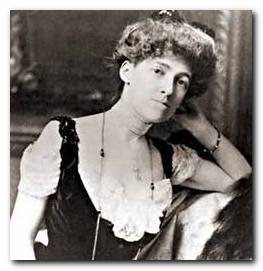
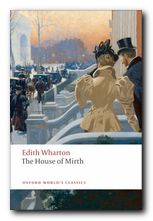 The novel begins with a scene in which Selden invites her to afternoon tea in his bachelor rooms – an innocent enough gesture, but one which ultimately is to have a decisive influence on her destiny. She is spotted by two people leaving the building, and both of them seek to profit from their knowledge later in the story. Lily mixes amongst people who are much wealthier than she is, and she feel both financially and socially disadvantaged. She entertains the notion of attracting Percy Gryce, a boring but wealthy young bachelor. However, distracted by her interest in Lawrence Selden, she misses her chance to captivate Gryce, and he marries somebody else.
The novel begins with a scene in which Selden invites her to afternoon tea in his bachelor rooms – an innocent enough gesture, but one which ultimately is to have a decisive influence on her destiny. She is spotted by two people leaving the building, and both of them seek to profit from their knowledge later in the story. Lily mixes amongst people who are much wealthier than she is, and she feel both financially and socially disadvantaged. She entertains the notion of attracting Percy Gryce, a boring but wealthy young bachelor. However, distracted by her interest in Lawrence Selden, she misses her chance to captivate Gryce, and he marries somebody else.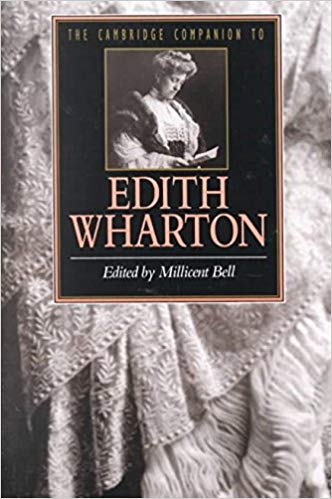
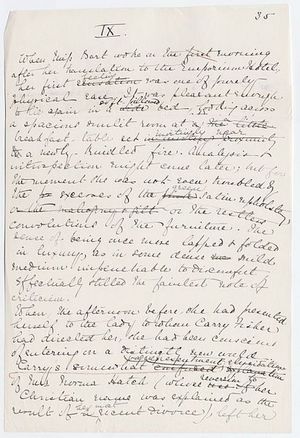
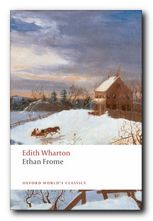 Ethan Frome
Ethan Frome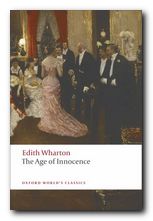 The Age of Innocence
The Age of Innocence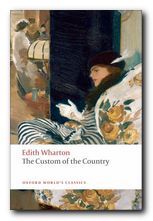 The Custom of the Country
The Custom of the Country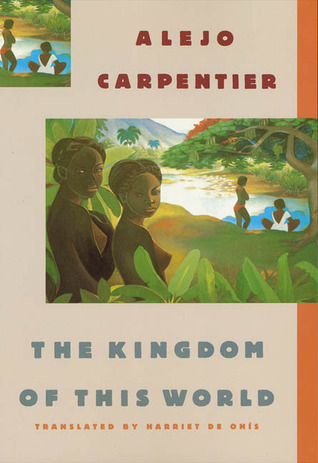


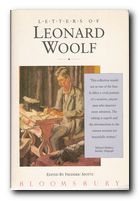
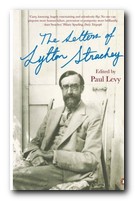

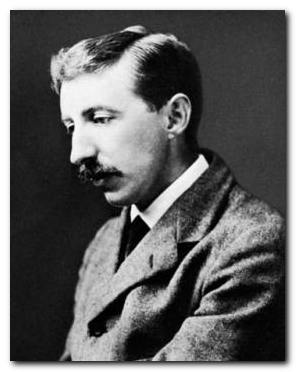
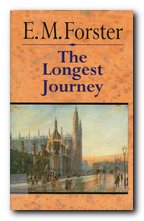
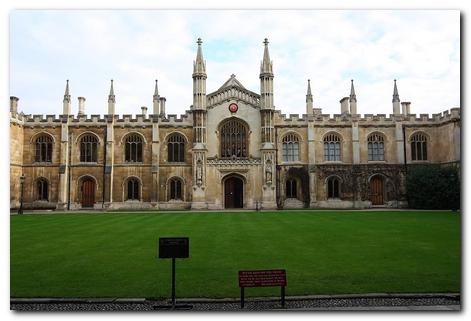
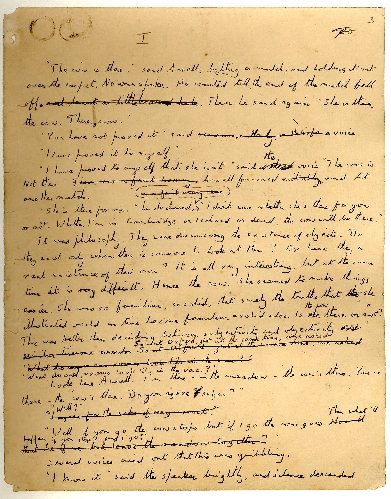
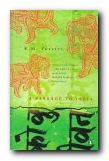 A Passage to India, (1923) was started in 1913 then finished partly in response to the Amritsar massacre of 1919. Snobbish and racist colonial administrators and their wives are contrasted with sympathetically drawn Indian characters. Dr Aziz is groundlessly accused of assaulting a naive English girl on a visit to the mystic Marabar Caves. There is a set piece trial scene, where she dramatically withdraws any charges. The results strengthen the forces of Indian nationalism, which are accurately predicted to be successful ‘after the next European war’ at the end of the novel. Issues of politics, race, and gender, set against vivid descriptions of Chandrapore and memorable evocations of the surrounding landscape. This is generally regarded as Forster’s masterpiece.
A Passage to India, (1923) was started in 1913 then finished partly in response to the Amritsar massacre of 1919. Snobbish and racist colonial administrators and their wives are contrasted with sympathetically drawn Indian characters. Dr Aziz is groundlessly accused of assaulting a naive English girl on a visit to the mystic Marabar Caves. There is a set piece trial scene, where she dramatically withdraws any charges. The results strengthen the forces of Indian nationalism, which are accurately predicted to be successful ‘after the next European war’ at the end of the novel. Issues of politics, race, and gender, set against vivid descriptions of Chandrapore and memorable evocations of the surrounding landscape. This is generally regarded as Forster’s masterpiece.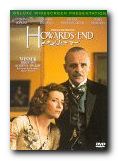 Howards End – DVD This is arguably Forster’s greatest work, and the film lives up to it. It is well acted, with very good performances from Emma Thompson and Helena Bonham Carter as the Schlegel sisters, and Anthony Hopkins as the bully Willcox. The locations and details are accurate, and it lives up to the critical, poignant scenes of the original – particularly the conflict between the upper middle-class Wilcoxes and the working-class aspirant Leonard Baskt. This is another adaptation which I have watched several times over, and always been impressed.
Howards End – DVD This is arguably Forster’s greatest work, and the film lives up to it. It is well acted, with very good performances from Emma Thompson and Helena Bonham Carter as the Schlegel sisters, and Anthony Hopkins as the bully Willcox. The locations and details are accurate, and it lives up to the critical, poignant scenes of the original – particularly the conflict between the upper middle-class Wilcoxes and the working-class aspirant Leonard Baskt. This is another adaptation which I have watched several times over, and always been impressed.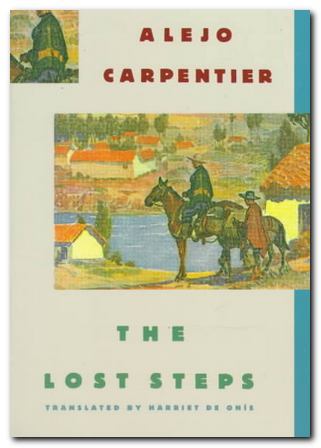
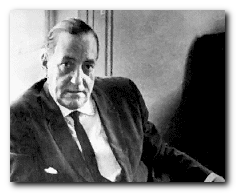
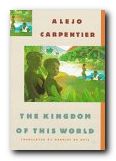 The Kingdom of This World
The Kingdom of This World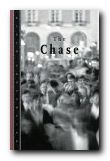 The Chase
The Chase